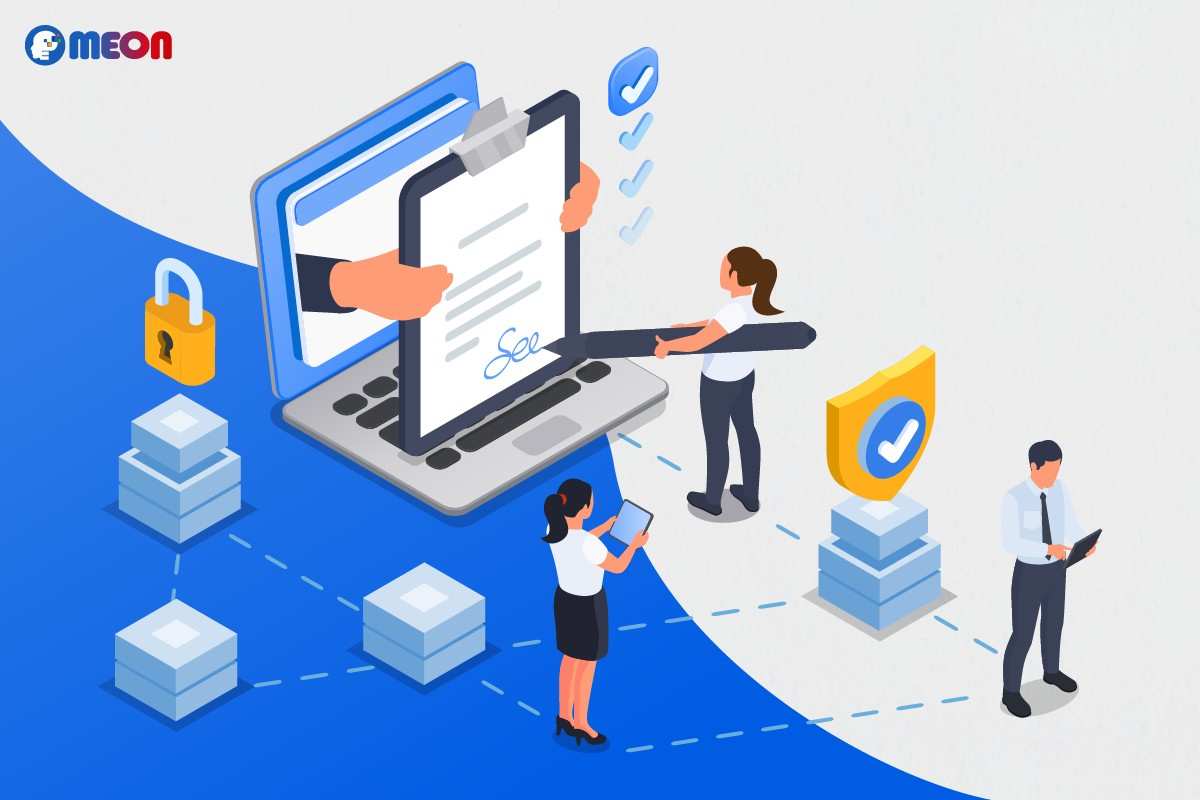


Find the right eSign service in India with this guide on security, compliance, and pricing.
The digital transformation of businesses in India is accelerating faster than ever. As organizations move toward paperless processes, electronic signatures (eSign) have emerged as a critical tool for efficiency, compliance, and customer convenience.
However, with so many service providers offering varied features, pricing models, and compliance standards, choosing the right eSign service can be overwhelming. The wrong choice can result in security breaches, legal issues, or unnecessary operational costs.
This guide will walk you through everything you need to know before selecting an eSign service in India in 2025, from understanding legal compliance to evaluating security features and integration capabilities.
Before choosing a provider, it’s essential to understand the legal status of electronic signatures in India.
The IT Act 2000: The Information Technology Act, 2000 recognizes certain types of electronic signatures as legally valid. This includes Aadhaar-based eSign and Digital Signature Certificates (DSC) issued by a licensed Certifying Authority.
Aadhaar eSign: Uses Aadhaar number verification with OTP or biometric authentication to sign documents digitally. Widely accepted for contracts, agreements, and official forms.
DSC (Digital Signature Certificate): More commonly used for government filings, taxation, and corporate compliance requirements.
Key takeaway: Always ensure your chosen eSign provider offers solutions that comply with the IT Act and are legally recognized in India.
Security is non-negotiable when dealing with sensitive business documents. Look for the following:
End-to-End Encryption – Ensures that the document content is encrypted from sender to receiver, preventing unauthorized access.
OTP-based Aadhaar Verification – Confirms signer identity with Aadhaar-linked OTP authentication.
Audit Trail – Maintains a digital record of every action taken on the document (upload, view, sign, download) for transparency and compliance.
Tamper-Proof Documents – Once signed, the document should be locked to prevent edits.
Secure Storage – Documents should be stored in compliant, encrypted cloud servers located in India for data sovereignty.
Pro tip: Ask your provider if they are compliant with ISO 27001, GDPR (if dealing with global clients), and Indian IT security regulations.
An eSign service should fit seamlessly into your existing workflow. Many businesses require eSign integration with:
CRM Systems (e.g., Salesforce, Zoho CRM) to automate client contract signing.
ERP Software for procurement, vendor agreements, and invoicing.
HR Platforms for employee onboarding, offer letters, and policy acknowledgment.
Document Management Systems for storage and retrieval.
Choose a provider that offers API-based integration so that signing can happen directly within your existing tools — without switching between platforms.
The best eSign platform is the one your team and clients can use without training. Consider:
Ease of Use – Simple upload, drag-and-drop signature fields, and one-click sending.
Multi-Device Support – Works equally well on desktops, tablets, and smartphones.
No App Downloads Required – Signing should be possible through a secure browser link for convenience.
Multilingual Support – Helpful if you deal with clients or employees across India’s diverse language base.
Remember: If the platform feels complicated, adoption rates will drop.
Pricing structures vary widely between providers. The common models include:
Pay-Per-Use – Best for businesses with low or seasonal signing needs.
Monthly/Annual Subscription – Ideal for companies with regular signing volumes.
Enterprise Licensing – For large-scale organizations needing bulk signing, API integration, and advanced features.
Things to check:
Whether the cost includes Aadhaar OTP charges.
If storage space is limited or unlimited.
Additional fees for bulk signing or premium support.
A reliable eSign service should provide responsive and knowledgeable customer support. Look for:
Multiple Support Channels – Email, phone, and chat.
24/7 Availability – Especially important if your clients are in different time zones.
Dedicated Account Manager – Useful for large accounts with complex needs.
Also, review the provider’s uptime guarantee — anything below 99.9% uptime could cause delays in critical document processing.
Beyond basic signing, some features can greatly enhance productivity:
Bulk Document Signing – Send multiple documents for signing at once.
Reusable Templates – Save commonly used contracts and forms.
Offline Signing Options – Useful in areas with low internet connectivity.
Custom Branding – Add your logo and brand colors to signing emails and portals.
Multiple Signature Types – Aadhaar OTP, DSC, and handwritten digital signatures.
Certain industries have unique signing requirements:
Banking & Finance – Requires compliance with RBI guidelines and strict KYC processes.
Healthcare – Needs HIPAA-equivalent protections for patient confidentiality.
Legal & Real Estate – Often demands additional verification and notarization options.
If your business operates in a regulated industry, ensure the eSign service can meet sector-specific compliance requirements.
Most reputable eSign providers offer free trials or demo accounts. Use this opportunity to:
Upload and sign test documents.
Check signing speed and ease of use.
Test mobile responsiveness.
Evaluate integration with your existing tools.
A hands-on trial can reveal usability or performance issues that might not be obvious on paper.
While several providers offer good eSign services, Meon Aadhaar eSign stands out for Indian businesses because:
Fully IT Act Compliant – Legal validity for contracts, agreements, and official forms.
Multiple Signing Options – Aadhaar OTP, bulk signing, and API integration.
Secure and Scalable – End-to-end encryption with audit trails and enterprise-level reliability.
Affordable Plans – Options for startups, SMEs, and large enterprises.
Seamless Integration – Works with CRMs, ERPs, and HR systems.
Choosing the right eSign service in India isn’t just about price — it’s about ensuring security, compliance, and smooth integration into your existing processes.
By considering legal recognition, security protocols, integration flexibility, user experience, and industry-specific needs, you can select a solution that not only saves time and money but also enhances trust with clients and partners, ensuring efficiency and growth.
For many businesses, Meon Aadhaar eSign strikes the perfect balance — offering speed, security, affordability, and compliance, making it a smart choice for the paperless future of digital documentation.
